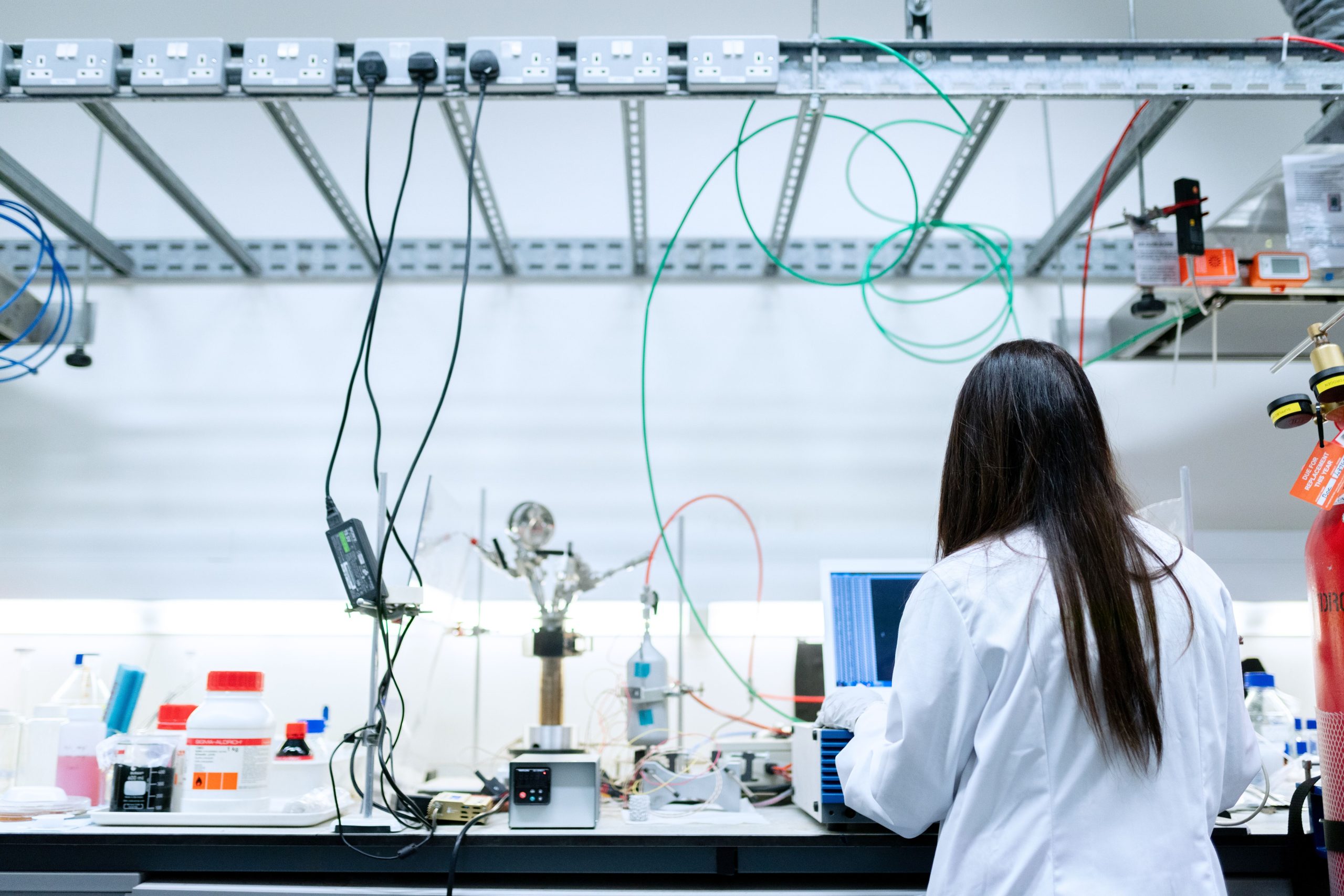© https://unsplash.com/de/fotos/SIU1Glk6v5k
Providing Support
ML4Q is committed to creating a diverse and inclusive work environment where everyone feels welcome, comfortable, and valued. To achieve this, we have established measures specifically aimed at balancing scientific work and family responsibilities, as well as actively supporting female scientists. Additionally, we emphasize transparent and accessible support management to address any form of discrimination within the cluster. We also provide active assistance and work towards the destigmatization of mental health issues.
© https://unsplash.com/de/fotos/y15-SmlLTe8
Support in the Event of Discriminatory Behavior
Balancing Science and Family
ML4Q participates in the Stellenpooling of the University of Cologne. Members and associated members of the cluster can contact us if they need childcare. In collaboration with the Dual Career and Family Support, we strive to arrange childcare placements in one of the facilities of the Fröbel Group. Currently, several members are utilizing this opportunity.
At all cluster sites, we provide facilities to effectively combine work with childcare responsibilities. Specially equipped family rooms are available, featuring a diaper-changing station, crib, comfortable seating, and various toys to keep children of different ages entertained. Additionally, these rooms are designed as individual workplaces, providing a protected environment where activities such as lactation can take place undisturbed.
Family rooms are located at each institution:
University of Cologne/Department of Physics
University of Bonn
RWTH Aachen
Forschungszentrum Jülich
To ensure a balance between scientific work and family responsibilities beyond the usual environment, ML4Q accommodates individual privacy needs at its events, such as the annual conference. For example, individuals with caregiving responsibilities are encouraged to bring their children and will have access to a room specifically designed to meet their needs. This room provides privacy for parents and lactating individuals and is also available for other purposes, such as praying. By doing so, we ensure that the diverse needs of our members are always taken into account
Supporting Female Scientists
ML4Q actively creates incentives to hire and support female scientists especially in the crucial postdoc phase. Additional funds provided can be used to support the newly hired female postdoc in pursuing further qualifications in academia and in her active research.
Several female postdocs in the cluster benefit from this measure.
Support in the Event of Discriminatory Behavior
ML4Q enforces a zero-tolerance policy towards any form of discriminatory behavior. Individuals who experience or witness discrimination are encouraged to report their concerns to the Diversity Stewards available at each site. These low-threshold contact points provide a safe and confidential environment for individuals to share their experiences and receive support.
For further assistance, individuals can also reach out to the cluster’s Equity, Diversity & Inclusion Manager.
For comprehensive information on discrimination and available counseling options, please visit the website of the Federal Anti-Discrimination Agency.
Discriminatory behavior can manifest in various ways and settings, leading to unequal opportunities and outcomes for affected individuals. Recognizing and addressing discriminatory practices is essential to promoting an inclusive and equitable society.
Please select a cluster site to display the contact information of the ML4Q Diversity Steward.
Corinne Steiner
Tel.: +49 241 80 27088
corinne.steiner@rwth-aachen.de
Tina Naggert
Tel.: +49 (0)228 73 3477
naggert@iap.uni-bonn.de
Department of Physics Ombudspersons
Please visit:
Antidiscrimination Homepage
Cornelia Schlebusch
Tel.: +49 2461 61-84007
c.schlebusch@fz-juelich.de
Mental Health Support
Mental health refers to an individual’s emotional, psychological, and social well-being, encompassing their ability to cope with stress, socialize with others, and make decisions. It influences how individuals think, feel, and act, affecting various aspects of their lives such as relationships, work, and daily functioning. Mental health is not merely the absence of mental disorders; it also involves maintaining a positive mental state, resilience, and effectively coping with life’s challenges.
Students and university staff face numerous challenges, including the pressure to publish, perform, and secure funding; doubts about degree programs; competition within the research field; the double burden of studying and working; and the demands of research and teaching. The stigma surrounding mental health issues can further complicate the situation, discouraging individuals from seeking help. Addressing mental health in academia is both a moral obligation and a crucial step towards fostering sustainable and thriving academic communities.
At ML4Q, we recognize our responsibility to create an environment where mental health is prioritized and an open, stigma-free approach to mental health issues is encouraged. While first aid for physical emergencies is common, providing competent first aid in mental health crises is equally important. If any of our members need support or wish to talk to someone, they can reach out to Eva Kanis, the EDI Manager of the cluster. Eva is certified through the German version of the Australian Mental Health First Aid Program, which operates in 26 countries, and is trained to provide initial support. Both affected individuals and concerned third parties can contact her confidentially (preferably by email).
Additional points of contact are available at any time to provide further assistance:
University of Cologne
RWTH Aachen
University Bonn
Forschungszentrum Jülich



